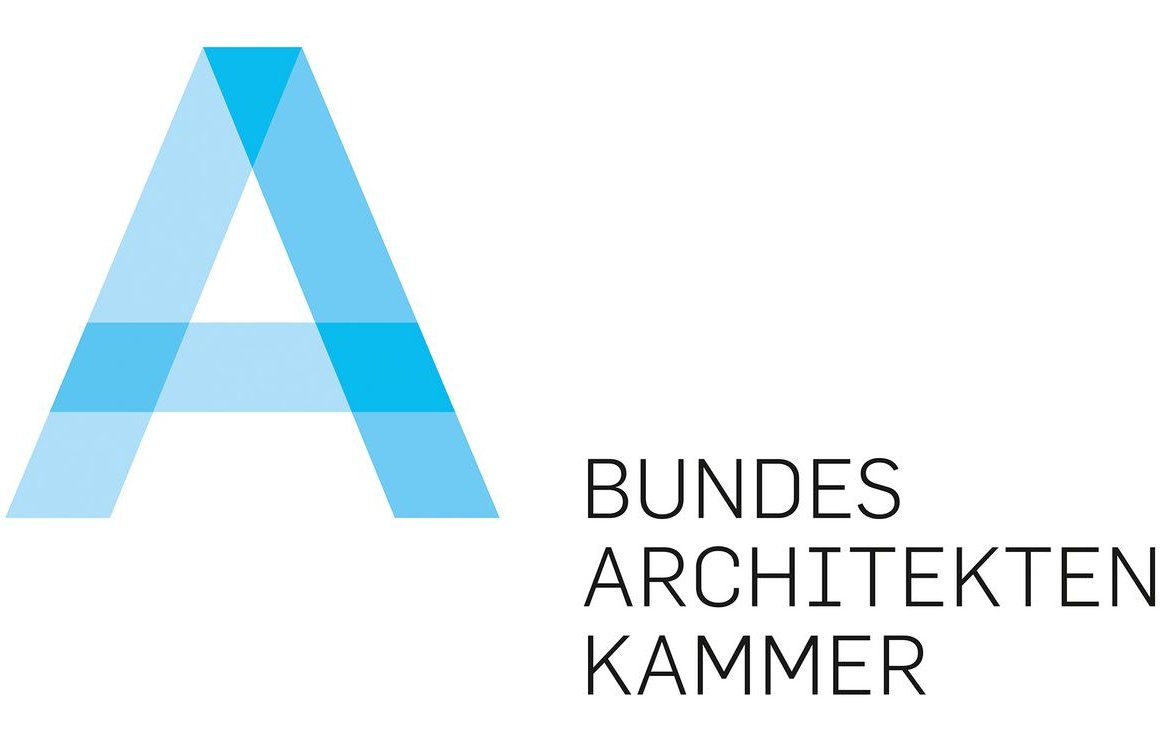 The Federal Chamber of Architects (BAK) and the Federal Foundation for Building Culture, on behalf of the planning and building industry, today presented their proposal for an "Innovation Programme for Building Culture" to politicians in Berlin.
The Federal Chamber of Architects (BAK) and the Federal Foundation for Building Culture, on behalf of the planning and building industry, today presented their proposal for an "Innovation Programme for Building Culture" to politicians in Berlin.
Anne Katrin Bohle, State Secretary in the Federal Ministry of the Interior, for Construction and Home Affairs, accepted the four-point plan. In it, the authors suggest measures to overcome the Corona crisis that will have a sustainable economic and social impact.
"The structured approach of politics to the Covid19 pandemic, has also shown the opportunities and necessities of infrastructural reconstruction," says Reiner Nagel, Chairman of the Board of the Bundesstiftung Baukultur. "The planning and construction industry can help to create sustainable added value for society in the economic recovery that now lies ahead, for example in the areas of mobility, digitalisation, housing or climate protection. The proposed measures offer the opportunity to create high benefits for sustainable services of general interest and employment in Germany and Europe."
"When developing an innovation programme, measures must be linked to concerns that were also being worked on at full speed before the crisis," emphasises BAK President Barbara Ettinger-Brinckmann. "Every investment offers opportunities for a better quality of life, and the question of added value for our society must be at the centre of our actions. A requirement for quality and sustainability should be attached to every subsidy. In doing so, the public builder must act as a role model and invest specifically in the value of our built environment, both in urban and rural areas."
The "Innovation Programme Building Culture" comprises four focal points:
1. additional resources for innovation and future projects
The Corona Crisis must be an innovation driver for current social challenges. This includes the transformation of cities, for example with a view to climate change, changed working models and new mobility and consumption habits. Consistent support for innovative approaches can move Germany forward in the competition between locations and put both public and private developers back in a position to set an example with their buildings.
2. implement climate protection in buildings
The construction sector can make the greatest contribution to climate protection of all economic sectors: it is one of the most resource-intensive industries, but at the same time offers great potential for savings. What is needed is a programme for sustainable business, climate protection and ongoing ecological change. Boosting existing KfW programmes to promote energy-efficient refurbishment and making holistic approaches to modernisation easier to implement by law can trigger construction activities and at the same time realise climate policy goals.
3. realise existing plans now
Projects that have been planned and prepared should now be implemented quickly. The time limit of the necessary economic stimulus funds leads to corresponding pressure to act. The construction industry can continue to take on tasks from a given employment situation and avoid job losses. Public-sector investments that promote long-term structural change and trigger private investment are particularly sensible at present.
4. create a solid basis for effective economic stimulus measures
Economic policy with the above-mentioned priorities can only be implemented if all actors are put in a position to actually implement the major challenges quickly and appropriately. The accelerated award and approval of existing and prepared projects would in itself have a positive economic effect. The temporary or permanent streamlining of structures and processes should be ensured.
You can find the detailed four-point plan here as a
Download
The innovation programme is supported by:
AHO - Committee of the Associations and Chambers of Engineers and Architects for the Fee Regulations e.V.
BDA - Association of German Architects
BDIA - Association of German Interior Architects e.V.
BDLA - Association of German Landscape Architects e.V.
BDVI- Association of publicly appointed surveyors e.V.
BFB - Bundesverband der Freien Berufe e.V. (Federal Association of Liberal Professions)
DAI - Association of German Architects' and Engineers' Associations
DASL -Deutsche Akademie für Städtebau und Landesplanung e.V. (German Academy for Urban and Regional Planning)
Die Stadtentwickler Bundesverband e.V.
DV - German Association for Housing, Urban and Regional Planning
HDB - German Construction Industry Federation
IfR - Information Circle for Spatial Planning e.V.
VBI - Association of Consulting Engineers e.V.
VDV - Association of German Surveying Engineers e.V.
VDMA Building Technology
VfA - Association of Freelance Architects of Germany e.V.
VPB - Verband Privater Bauherren e.V. (Association of Private Building Owners)
ZBI - Central Federation of Engineering Associations e.V.
ZDB - Zentralverband des Deutschen Baugewerbes e.V. (Central Association of the German Construction Industry)
Source: PM from 26.05.2020 of the BAK
Keywords: DE-News, Renewable, Climate protection, Mobility, Quarters, Resource efficiency, SDG 2030, Settlements, City, Transition Town, Environmental policy, Housing, Housing policy, Aesthetics / Architecture / Building Culture

